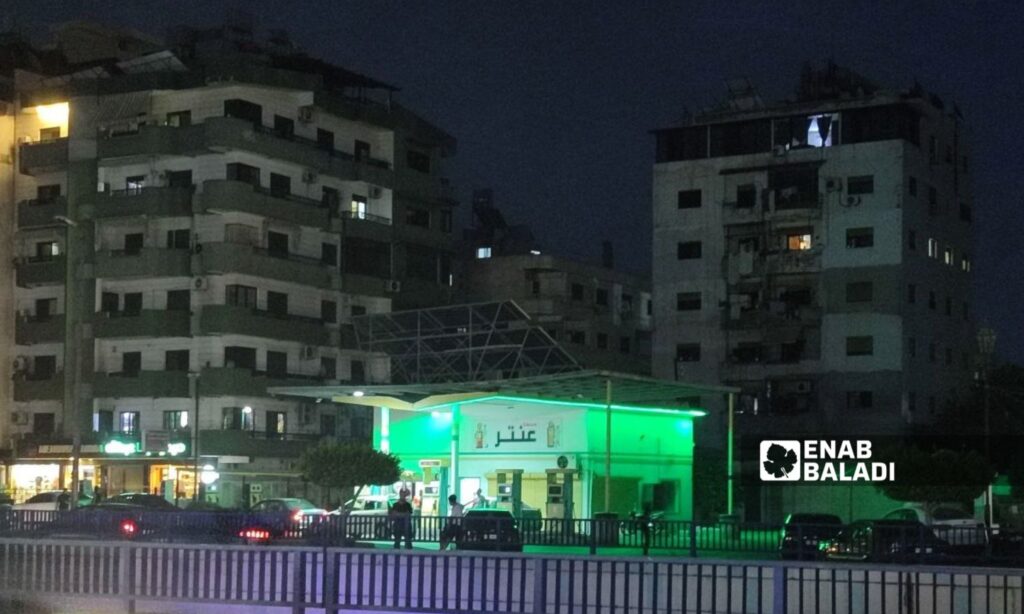The price of a liter of gasoline on the black market in the city of Latakia has risen from 18,000 pounds before the last Eid al-Adha, to between 25,000 and 30,000 pounds during the Eid holiday, and then stabilized at a price between 23,000 and 25,000 pounds per liter without any clear justification. Some reports suggest that the Baniyas refinery has been operating at minimal capacity for almost a month due to a lack of supplies.
The rising price of gasoline has forced Maher (43 years), a taxi driver in the city, to raise his fare rates by 3,000 to 5,000 pounds per ride within the city, depending on the distance, and between 20,000 to 50,000 pounds for rides outside the city. This increase has led to a decline in his business and disputes with customers who argue that there is no justification for the fare hike.
Public taxis are allocated 25 liters of gasoline at a price of 11,900 pounds per liter each week, which is only enough for one day of work, according to Maher. Consequently, he resorts to buying gasoline from the black market to continue working, which forces him to raise his fares to avoid losses, just like most other drivers.
Ulfat (48 years), a government employee, stopped using her private car to go to work about a year ago because she could not afford the cost of buying her monthly gasoline quota of 25 liters every 10 days, which totals about 900,000 pounds monthly. She sells half of her quota to taxi drivers at market prices to afford the remaining half that she reserves for emergencies.
Public vehicles are allocated 25 liters of gasoline every week, while private vehicles receive 25 liters every ten days, sometimes up to 12 days, depending on the pressure on the designated fuel station.
Increased demand in summer
Many taxi drivers attribute the rising price of gasoline in the black market to the onset of the summer season and the increasing demand for gasoline for tourism purposes, especially from expatriates coming to spend the summer with their families.
Moein (52 years), a taxi driver in the city of Jableh, said that despite the higher price of gasoline in the black market, it is not as readily available as before. He added that one of the gasoline sellers told him there is significant demand from expatriates, who often pay an additional amount above the asking price once they are informed that gasoline is difficult to secure, unlike taxi drivers who haggle over the price.
Additionally, a source familiar with the workings of the Baniyas refinery, who preferred to remain anonymous for security reasons, said that the refinery has been operating at very minimal capacity for about a month due to the lack of new supplies.
The general price level witnesses almost daily increases affecting essential goods and food items, further weakening the purchasing power of citizens in regime-controlled areas, without any government intervention to stabilize prices.
The exchange rate of the Syrian pound stood at 14,800 against the US dollar according to the currency tracking site, the S-P Today.

